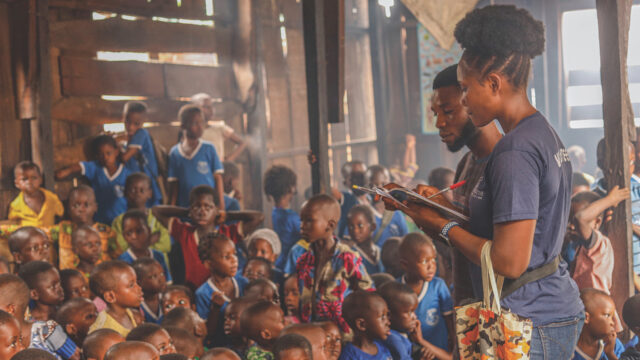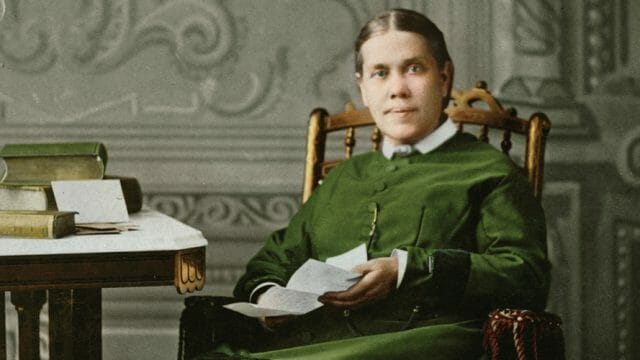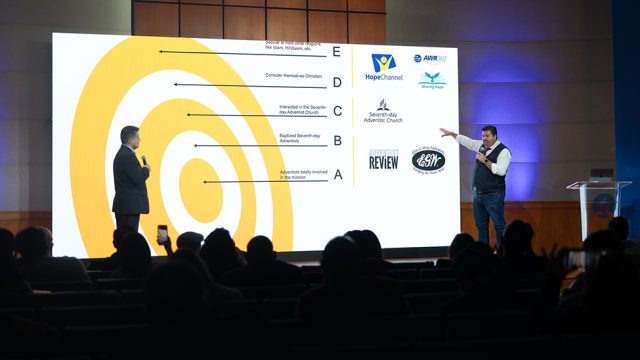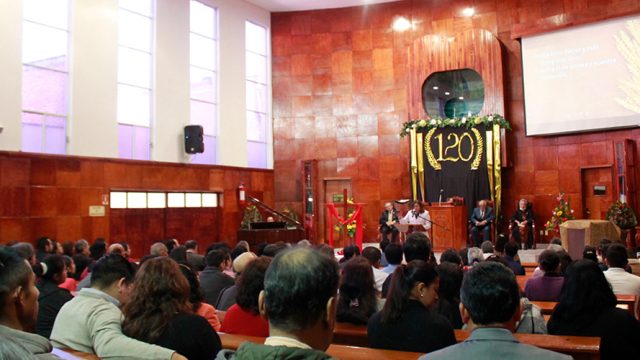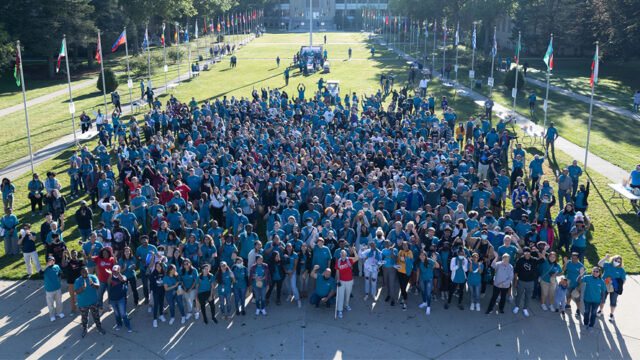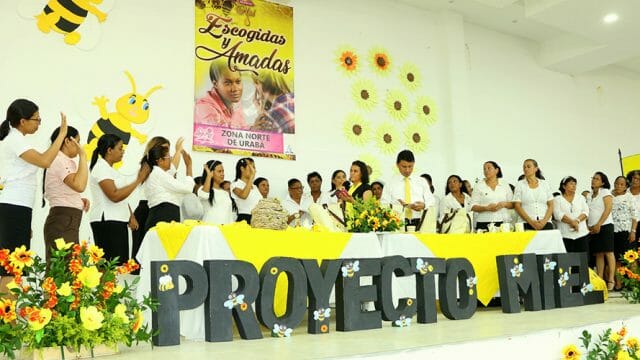Students and others are serving in some of the communities most affected.

As Hurricane Helene bore down on the southeastern United States, a team from Tennessee-based Heritage Academy was already engaged in disaster-preparedness training at Mount Pisgah Adventist Academy.
Led by 2Serve, a disaster response and training ministry directed by Jim Ingersoll and affiliated with Heritage Academy, the team of student leaders and staff had been training students on how to respond in times of crisis. But as Helene grew stronger and its path became more unpredictable, it was necessary to cut short the training.
The team rushed back home, narrowly escaping washed-out roads, only to turn around days later and head to North Carolina again — this time to help the community around Fletcher Academy in Fletcher, which was surrounded by devastation.
“It was providential,” Debbie Baker, president of Heritage Academy and president of the Adventist-Laymen’s Services and Industries (ASi) Southern Chapter. “We came back just in time before the interstate was destroyed, and then we immediately regrouped to help Fletcher Academy and the surrounding area.”
This rapid mobilization set the stage for a larger collaboration between ASi member ministries Heritage Academy and Fletcher Academy and the broader Adventist community, including laypeople, university students, representatives of the Adventist Church’s Carolina Conference, and more, demonstrating how faith and service can bring hope and healing in the midst of disaster.
2Serve has been actively involved in disaster response for nearly 20 years, training students to serve during crises like Hurricane Katrina.
“We saw how young people were changed through their ministry to others in need during their most vulnerable time. It gives them an opportunity to think beyond themselves to see what a difference they can make,” Baker explained. In the Helene recovery response, their work became even more collaborative with Adventist entities as they returned to assist in the Fletcher community.
Fletcher Academy, located in western North Carolina, avoided severe damage to its campus, but the surrounding community was severely affected. Homes were flooded, roads were blocked, and residents were left without power or water.
Fletcher’s vice principal, Brad Durby, shared on social media how the Fletcher Seventh-day Adventist Church quickly opened its doors to volunteers. “There are thousands of volunteers on the ground doing what they can to bring comfort to those in need and those who have experienced great loss,” Durby said. “Our very own Fletcher Seventh-day Adventist Church is ‘home base’ for one of the many groups, doing exactly what Jesus did … healing those that were suffering but also ministering to them at the same time.”
Durby also shared that Ingersoll reminded volunteers to “take time to listen” to the people that they were helping and “not get so caught up in helping them physically that they miss out on a ‘Jesus’ moment.”
The collaboration between the organizations was instrumental in helping teams from both academies work together alongside community members, church members, and volunteers from near and far. They cleared debris, set up points of distribution (PODs) for essential supplies, and offered spiritual support. “We don’t just provide physical help,” Baker said. “We offer prayer, we give out books, and we take time to connect with people who are hurting.”
At each POD, volunteers set up prayer stations, where they invited community members to receive spiritual support along with physical aid. One young Heritage Academy volunteer, initially shy about leading prayer, ended up spending the entire day at the prayer station, offering prayers to survivors. “These are life-altering experiences for young people,” Baker said. “To be able to pray with someone and see the impact that makes — it’s something you can’t teach in a classroom.”
At the heart of the relief effort was not only the work being done but also the faith being shared. Volunteers cleared flood-damaged homes of the homeowners’ water-logged belongings, drywall, insulation, lower cabinets, and flooring, a process called a muck-out, and helped with tree removal. After every muck-out, debris removal, or tree-removal job, the volunteers gathered with the homeowners to pray.
One of Heritage Academy’s most cherished traditions is to sing the song Still after completing their work, reminding homeowners that they are never alone.
“It’s a powerful moment,” Baker said, acknowledging the fact that the work is sensitive, that peoples’ lives have just been turned upside down. “They are forced to discard belongings that have meaning and memories attached. We hope it comforts them to know that even as we leave, God is with them.”
One such story involved Janet, a local woman who had prayed for help the very morning that volunteers arrived at her home. When the team knocked on her door and offered to help, she called them her angels.
“She hadn’t reached out to anyone, but we were in the neighborhood and showed up,” Baker recounted. The volunteers helped Janet clear her home and, in the process, offered her spiritual and emotional support.
The response to Hurricane Helene extended beyond just the two academies. Ministries and organizations such as Wildwood Health Institute and Southern Adventist University sent teams to help, and many individual laypeople from the Adventist community also came. “Partnership is the key,” Baker said. “We are much stronger when we work together.” Baker shared that approximately 65 percent of the volunteers had previously been Community Emergency Response Team (CERT) trained by 2Serve and were able to quickly deploy and lead out in efforts.
Local families, many of whom were dealing with their own storm-related struggles, also came out to volunteer. “It was amazing,” Baker said. “People who had no power or water at their own homes showed up to help others.”
The Fletcher Seventh-day Adventist Church became a central hub for these efforts, with the church opening its doors to host volunteers and serve as a base for operations. “We slept on the floors, and almost every room in the church was used for something,” Baker said. “We had as many as 200 volunteers coming and going throughout the week.”
As recovery efforts from Hurricane Helene continue, and as Florida braced for the dangers of Hurricane Milton set to make landfall, there are many ways for others to support these ministries. Baker encouraged individuals to consider both financial support and training. “If you can’t physically volunteer, consider supporting ministries financially. It takes a lot to feed and house volunteers on the ground.”
For those wanting to get directly involved, 2Serve offers CERT training, which prepares individuals to respond to disasters in their own communities. “It’s not a question of if, but when the next disaster will happen,” Baker said. “Being prepared allows you to make a tangible difference.”
Through the collaboration between 2Serve, Heritage Academy, Fletcher Academy, and the Adventist community, this recovery effort has shown the strength of faith-driven service. “We are all vulnerable,” Baker said, “but we can bring hope and healing to those who need it most.”
The original version of this story was posted on the Adventist Laymen’s Industries and Services news site. Heritage Academy and Fletcher Academy are self-supporting coeducational boarding academies and are not operated by the corporate Seventh-day Adventist Church.




